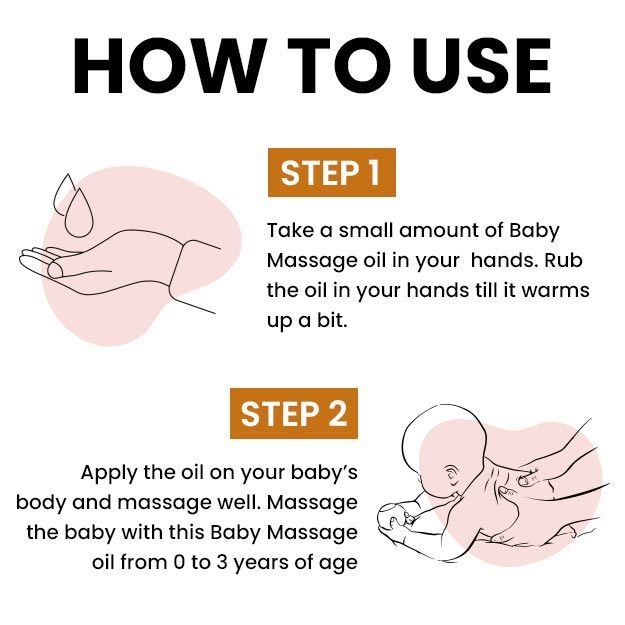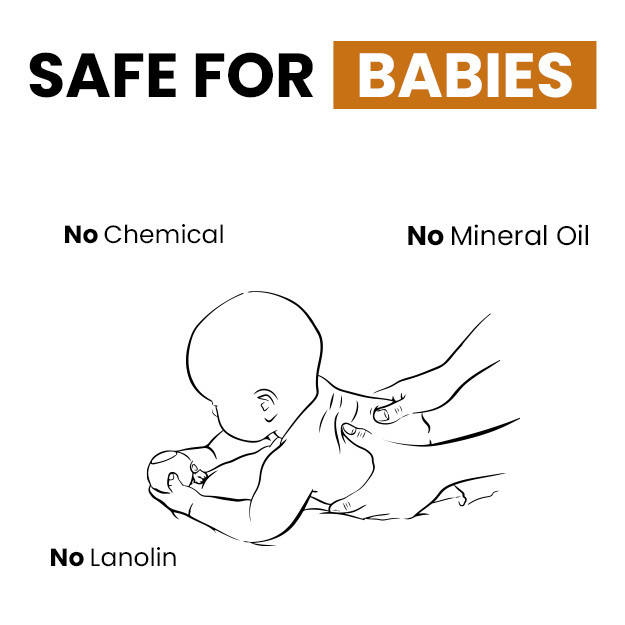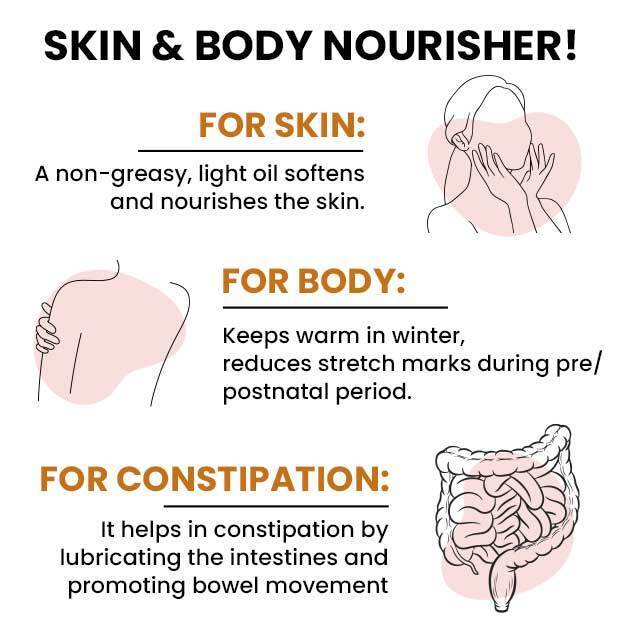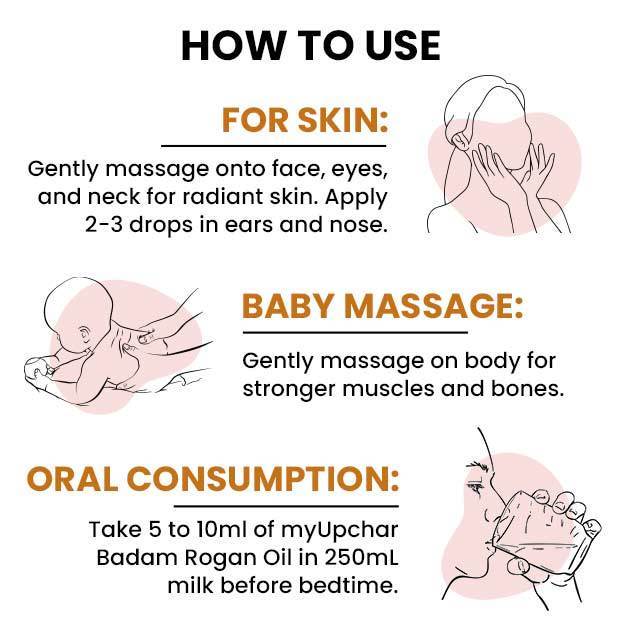You are just 1 month away from celebrating your baby's first birthday. In this past year, you must have seen many changes in your baby. As a parent, this time must have been full of many difficulties and ups and downs for you too. A lot of development is seen in the child in the first year of birth and by now your baby's weight must have doubled or even more than the birth weight.
Now that your baby is 11 months old, you will see many changes and new things in your baby at this stage too. By the age of 11 months, children learn to point with their fingers, start moaning if there is any kind of pain or discomfort, start nodding their head to say yes or no, learn to wave with their hands to say bye-bye and also try to talk to you in the same way as you are talking to them. All these are different ways of the child to talk to you, to establish contact with you.
(Read more: The Journey of Birth: How a Baby is Born)
In the last few months, your child has learned some new emotions like feeling scared, being cautious etc., you will start seeing all these in your child by the time he turns 11 months old. Also, many times the child tries to tell you what he wants. During this time, it is very important to keep playing with the child because through this your child learns new things. During this time, the child also starts learning to use his hands and fingers in a better way. This is the reason why he tries to eat food by himself at mealtime. Be it with a spoon or with his hand.
By the age of 11 months, your child learns to stand by holding furniture or something else and some children even start taking the first step to walk by this time. However, at this time children do not like to walk that much, so after walking a little, they again start running on their knees.
(Read more: Newborn Baby, Infant and Child Health Care Tips)
In such a situation, what should be the weight and length of an 11-month-old baby, how much is his physical and mental development, what should be fed to an 11-month-old baby and what should be his activities, we are telling you about this in this article.




























